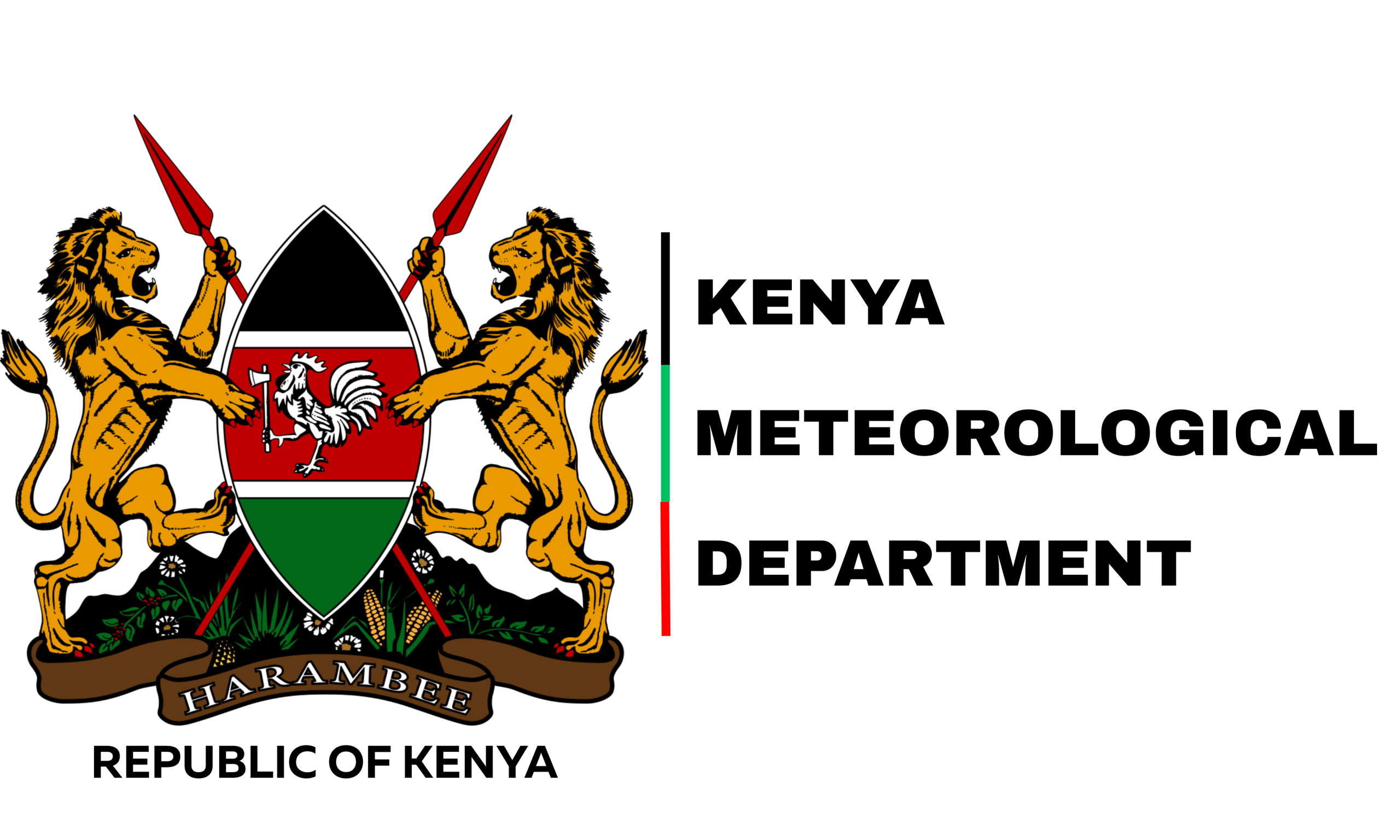METEOROLOGICAL TECHNICIAN COURSES
IMTR offers a range of specialized training programs for Meteorological Observers and Technicians, designed to equip participants with the practical skills and foundational knowledge required to support weather observation, data collection, instrumentation, and operational forecasting activities.
These courses are aligned with World Meteorological Organization (WMO) standards and cater to the growing demand for well-trained technical personnel in national meteorological services, civil aviation, agriculture, water resource management, and disaster preparedness sectors. Whether you’re just starting your career or looking to upgrade your qualifications, our technician-level programs provide hands-on, competency-based training in key areas of meteorology and related geo-sciences.
Explore our courses below and take the next step toward becoming a vital contributor to climate resilience, environmental monitoring, and weather forecasting across Africa and beyond.
- ADVANCED METEOROLOGICAL TECHNICIAN COURSE - (2 YEARS)
- ADVANCED METEOROLOGICAL TECHNICIAN COURSE - (1 YEAR)
Meteorological Observations and Instruments Courses
- INSTRUMENTS MAINTENANCE AND CALIBRATION COURSE
- SPECIALIZED AERONAUTICAL METEOROLOGICAL OBSERVATIONS COURSE
- METEOROLOGICAL INSTRUMENTS AND METHODS OF OBSERVATION COURSE
- SPECIALIZED AERONAUTICAL METEOROLOGICAL OBSERVATIONS COURSE
